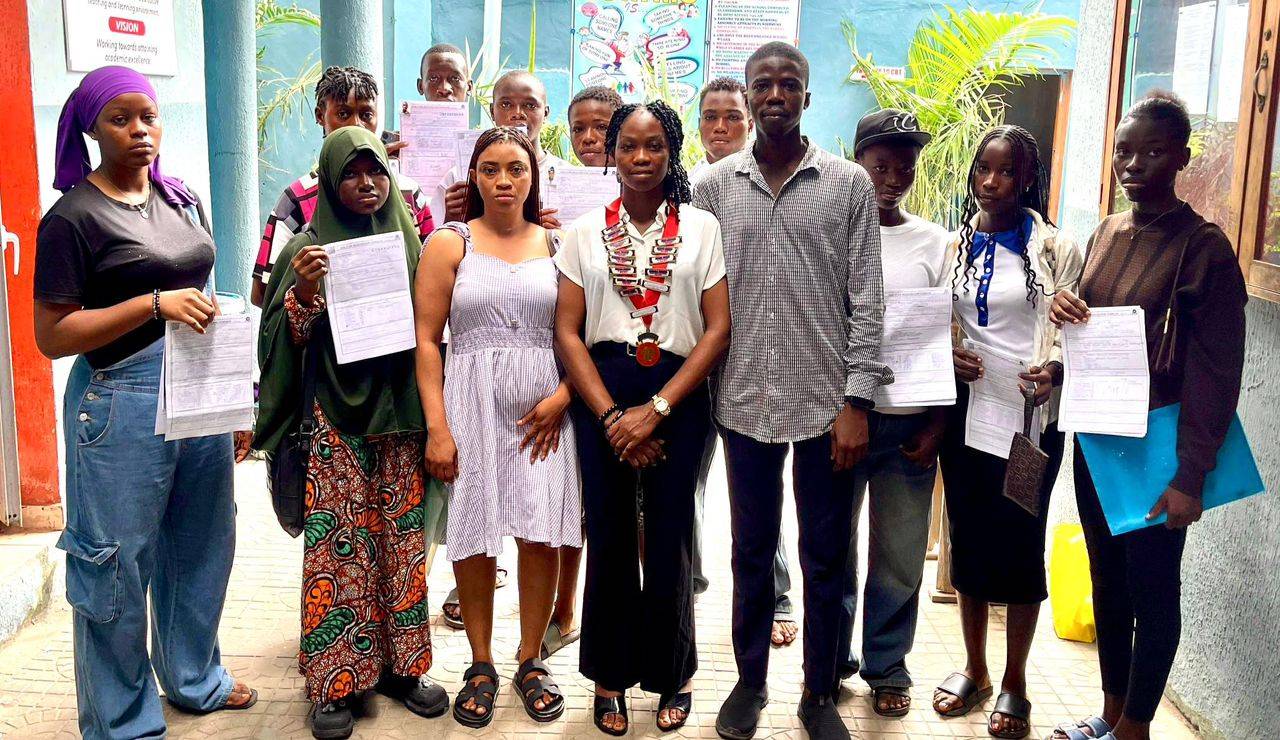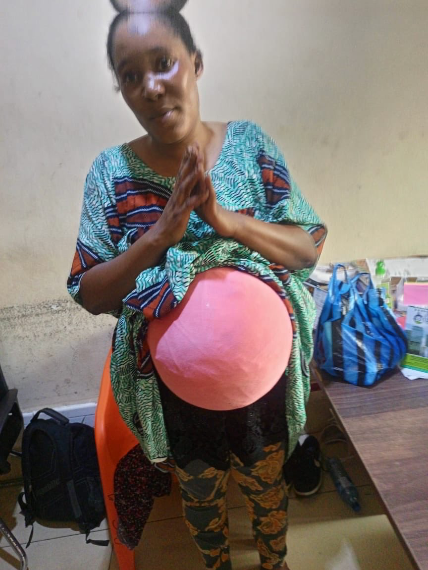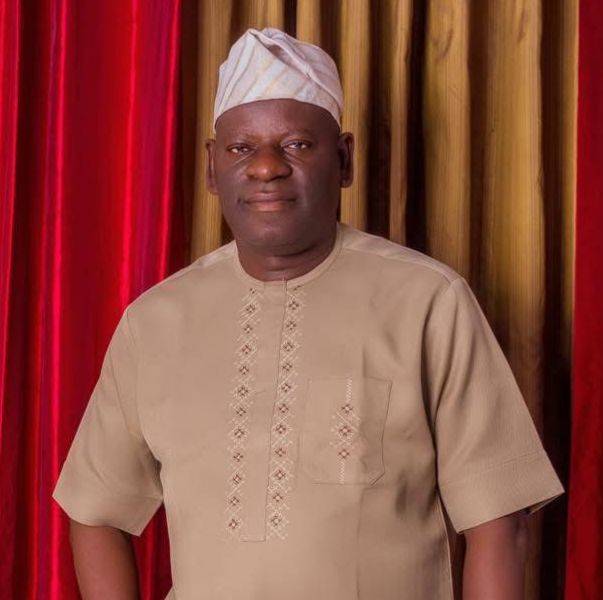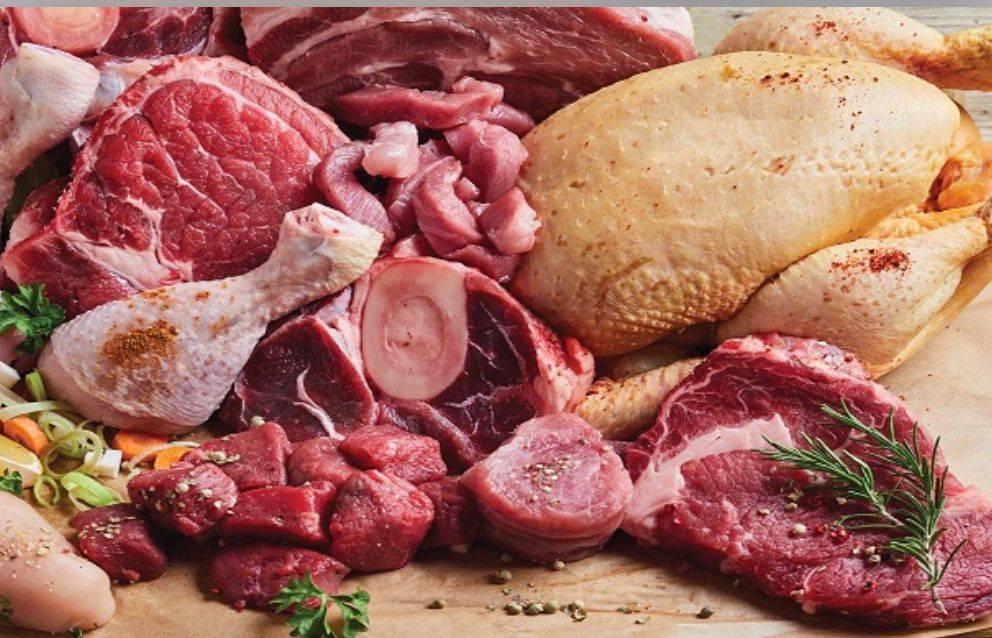Regulations are important to protect consumers from unwholesome practices, especially price gouging. While it may seem unfair to firms equally struggling to survive to maintain a decent margin amid the country’s structural challenges, the rise of oligarchs in different sectors of the economy calls for concern. With weakened household incomes, all eyes on the Federal Competition and Consumer Protection Commission (FCCPC) for some reprieve in checking abuses in many sectors. FEMI ADEKOYA writes.
Within the last one week, Nigerians have been inundated with several hikes in prices of basic goods and services. While price reviews are important, especially in checking inflation and ensuring sustainability of businesses, the decision by a few to embark on such reviews raises concerns about price gouging and helplessness of Nigerian consumers even when new prices do not reflect the expectations of satisfaction.
While battling fuel scarcity, Nigerians were alerted to the news about tariff adjustment for electricity, despite sub-par supply to many households.
According to electricity consumers, it is worrisome that government has allowed Distribution companies (Discos) to raise electricity tariff amid fuel scarcity across the country.
Indeed, the Nigerian Electricity Regulatory Commission had adjusted the tariffs payable to Discos, as some of the power firms got a raise in their tariffs, while others had theirs reduced.
Beyond the N4 increment in tariff among some Discos, many consumers also complained about drastic migration to higher tariff plans despite poor power supply. The NERC rule explains conditions for which consumers should be migrated from different electricity bands/tariff segments.
Similarly, local airfares’ baseline appreciated by 63 per cent, at the weekend, in response to a spike in the price of aviation fuel and attendant cost of operation. The upward adjustment pegged the minimum Economy Class ticket at around N50,000 for future flights, with ‘today’s flight’ travellers buying the same one-hour, one-way economy tickets at an average of N80,000 each.
With aviation fuel increasing by over 100 per cent in the last one year, the upswing in base fares has been long in coming. Jet A1, accounts for between 30 to 40 per cent operating cost. It sold for an average of N190/litre a year ago. It now sells for between N420 and N429 per litre at some airports nationwide.
The upward review comes after the 11 commercial airlines met at the meeting of the Airline Operators of Nigeria (AON) in Lagos on Thursday, where matters of mutual survival were discussed.
It was learnt that all operators, except one (Green Africa), that operates a unique low-cost model, agreed on the new benchmark and its immediate take-off. Green Africa, as of yesterday, retained between N33,000 to N38,650 on its one-way Economy Class tickets across routes.
The Director-General of the Nigerian Civil Aviation Authority (NCAA), Captain Musa Nuhu, was however quoted as saying that though air fares had been deregulated and determined by the market forces, each airline was supposed to file their new prices and the reasons for the increment to the agency.
He said, “It is an individual airline, not as a group that can make that decision (increase air fares). You cannot make that decision as AON, that’s anti-competition but each airline on its own can adjust the air fare but they must file with the NCAA the reason for the increase in air fares before it comes into effect. As I said the air fares are deregulated. We do not regulate air fares.”
This equally reinforces the need for the consumer protection commission to check the activities of cartels in different sectors.
Last week also, BUA Foods Plc published a disclosure distancing the company from every arrangement to create artificial scarcity of sugar in the country through the decision of two major sugar producers to suspend sales.
According to the notice, the company’s disclosure follows an array of calls from customers seeking information on the company’s decision regarding the suspension of sales of sugar, like its market competitors, Dangote Sugar and Flour Mills.
The notice read, “We have been inundated with calls from our customers that Dangote Sugar and Flour Mills have both suspended sales of Sugar, seeking to know if BUA will follow suit. We would like to reassure our customers that BUA is not joining the suspension of sales of sugar.”
However, Flour Mills of Nigeria Plc (FMN) and Dangote Sugar Refinery Plc debunked allegations by BUA Foods Plc of creating artificial scarcity of sugar amid decision to suspend sales.
Reacting BUA Foods claims Company Secretary, FMN, Umolu Joseph in a statement on the Nigerian Exchange Limited (NGX) said: “In reference to the publication in some dailies, the assertion by BUA Foods on the supposed suspension of sugar sales by FMN based on compliance issues is incorrect and indeed capable of creating a false impression in the market, which is contrary to the interest of consumers.”
Also, Company Secretary, Dangote Sugar Refinery, Mrs. Temitope Hassan, in a statement on the NGX, said: “In compliance with the requirements of the Rulebook of the Nigerian Exchange Limited, DSR wishes to strongly refute the allegations and assertions in their entirety as these false allegations may mislead the market and may give an undue competitive edge to BUA.”
In 2019, President Muhammadu Buhari signed the harmonised version of the Federal Competition and Consumer Protection Bill into law. The law repealed the Consumer Protection Act and transferred all the staff and assets of the Consumer Protection Council to the newly created Federal Competition and Consumer Protection Commission.
The Act prohibits agreements made to restrain competition such as agreements for price fixing, price rigging, collusive tendering, etc. (with specific exemptions for collective bargaining agreements, employment, among others).
Under the new Act, the FCCP Commission replaces the Consumer Protection Council (CPC) established by the Act, and also makes provision for the establishment of a Tribunal to handle issues and disputes arising from the operations of the Act.
While the move has been lauded by operators, consumers believe more should be done by the FCCPC in getting a reprieve for them from actions of many business entities that provide essential services.
According to the 2020 Edelman Trust Barometer, Nigerians’ trust in government, business, and non-governmental organisations remain on the decline.
Though the FCCPC was able to get the court to back its actions against businesses found to be engaged in unfair pricing, there are concerns about its ability to secure compliance and also extend its influence across other sectors where consumer complaints are very loud.
Consumers’ lamentations to increase
Most consumers in Nigeria would unlikely buy big-ticket items in the next 12 months, the last survey by the Central Bank of Nigeria has revealed.
These items are high-priced goods, such as a house, cars or products with selling prices and profit margins that are significantly high depending on the level of income of the buyer.
The Consumer Expectations Survey (CES) report for the last quarter of 2020, released by the Statistics Department of the apex bank was conducted during the period of November 16 -25, 2020, covering a sample size of 2,070 households drawn from 207 Enumeration Areas (EAs) across the country, with a response rate of 99.8 percent.
According to the report, the overall buying conditions index for big-ticket items in the current quarter stood at 21.6 points.
“This indicates that the majority of consumers believed that the current quarter was not the ideal time to purchase big-ticket items like consumer durables, motor vehicles and houses and lots.
“The buying intention indices for consumer durables, motor vehicles and house & lot were below 50 points, which shows that respondents have no plans to make these purchases in the next twelve months”.
The consumers’ overall confidence outlook was pessimistic in the reviewed quarter, standing at -14.8 index points.
“Respondents attributed this unfavourable outlook to declining economic conditions, family financial situation and declining family income.
“The consumers were however optimistic in their outlook for the next quarter and next 12 months with indices of 10.5 and 28.9 points, respectively.”
This positive outlook was attributed to the expected increase in net household income, an anticipated improvement in Nigeria’s economic conditions and expectations to save a bit and/or have plenty of savings in the next quarter and the next 12 months.
Also, most of the respondents expect prices of goods and services to rise in the next 12 months, with an index of 43.1 points.
“The major drivers are savings, food and other household needs, education, purchase of appliances/durables, purchase of car/motor vehicle, and purchase of houses.
On borrowing and exchange rates, consumers expect the borrowing rate to rise and anticipate the naira to appreciate in the next 12 months, with indices of 12.2 and 3.9 points, respectively.
The unemployment index for the next 12 months remained positive at 36.9 points in the reviewed quarter, indicating that consumers generally expect the unemployment rate to rise in the next one year.
While most of the expectations for 2021 became a reality, especially as it relates to inflation and weakened household incomes, there are worries for 2022 considering the various adjustments in prices across different sectors in response to inflation and new taxes.
Why govts need to defend market competition
With consumers struggling for scarce resources to tackle the Coronavirus pandemic globally, the United Nations Conference on Trade and Development (UNCTAD) recommended that governments take five key actions to protect competition in the markets during the pandemic.
According to the agency, there is a need for governments to ensure equal conditions between companies for a level playing field that remains relevant even in a crisis period; temporarily allow cooperation arrangements necessary to ensure the supply and distribution of affordable products to all consumers to prevent a shortage of essential products.
To check price gouging in Nigeria, the Federal Competition and Consumer Protection Commission (FCCPC) had issued a warning to sellers engaged in price gouging and arbitrary increases in prices of protective and hygiene products.
However, Nigerian consumers are yet to feel the impact of the FCCPC as regards basic commodities and services in the country. From electricity tariffs, air fares to cement, sugar and other commodities, consumers have been left to the dictates of market operators.
“We recommend that governments vigorously enforce competition law against companies that take advantage of the crisis by creating cartels or abusing their market power; adapt competition procedures and deadlines to the extraordinary circumstances created by the pandemic,” UNCTAD added.
Under normal circumstances competition is needed in markets to keep prices low, but with the COVID-19 crisis wreaking havoc on markets the world over, collaboration has taken precedence.
The pandemic’s sweeping economic impact has left governments balancing between defending competition, so prices do not become prohibitive, and granting exemptions to competition rules to ensure the survival of entire economic sectors.
“Many authorities are adjusting the enforcement of competition laws to serve the greater public interest during this crisis,” said Teresa Moreira, head of UNCTAD’s competition and consumer policies branch.












